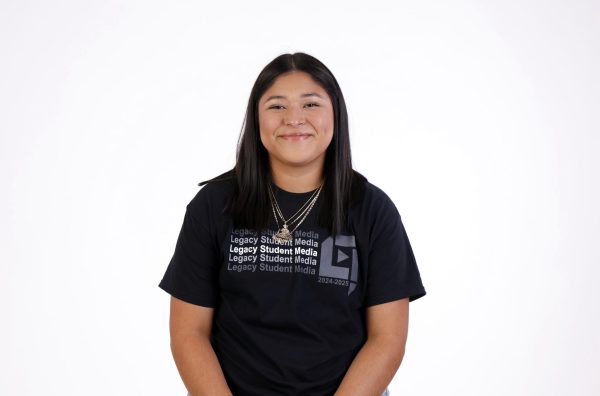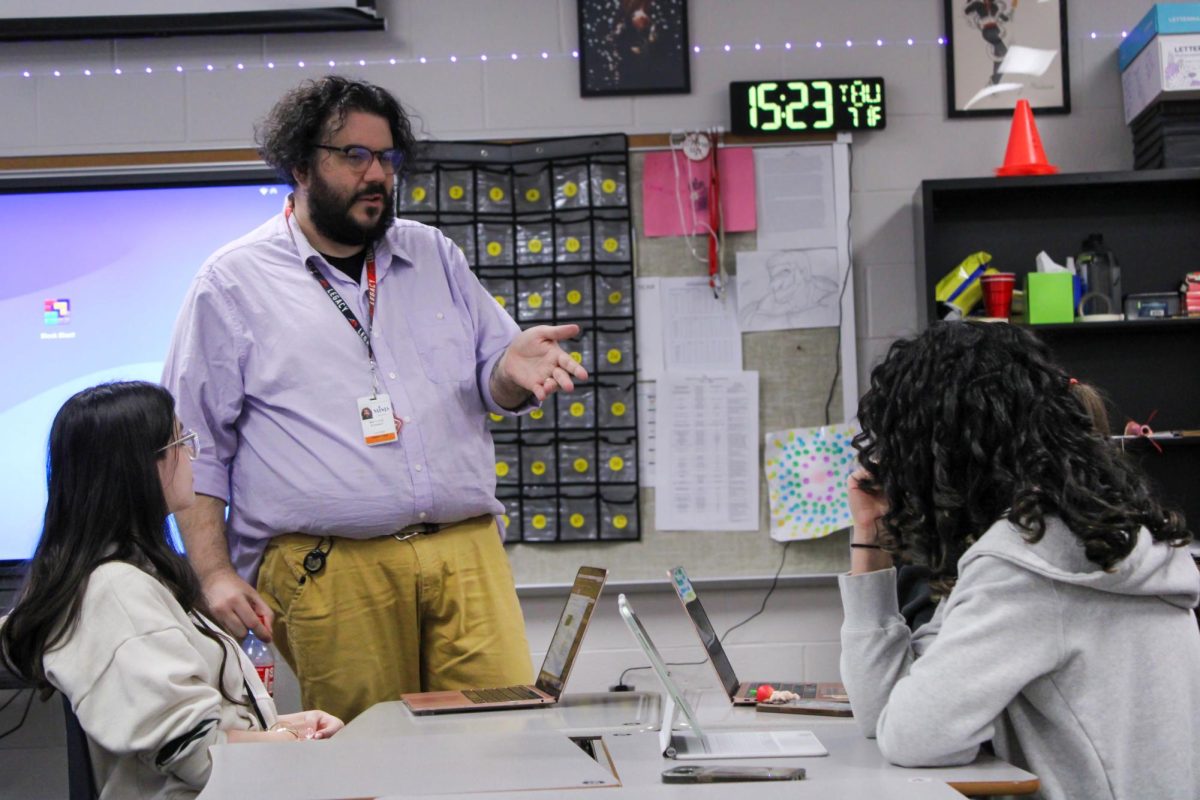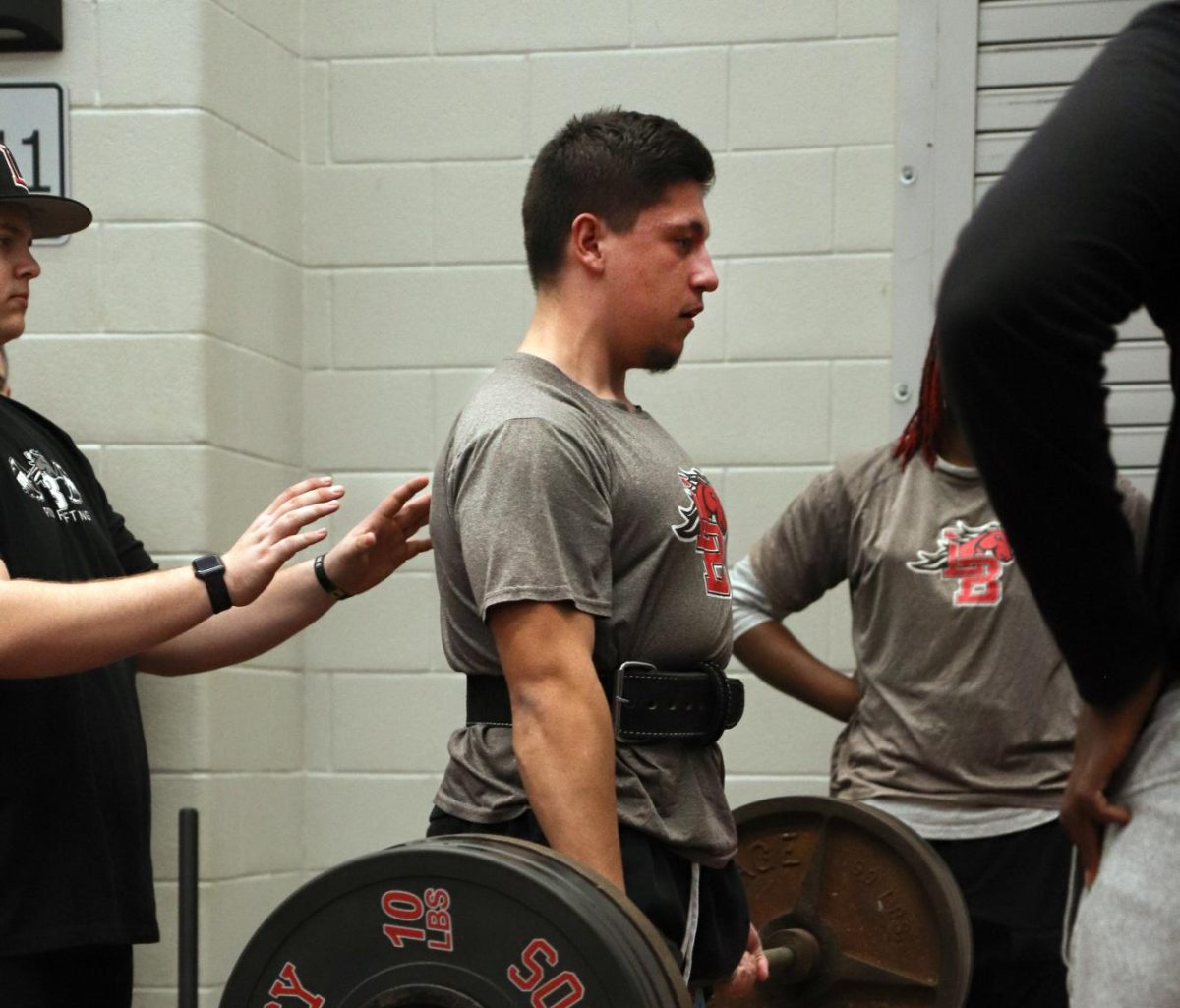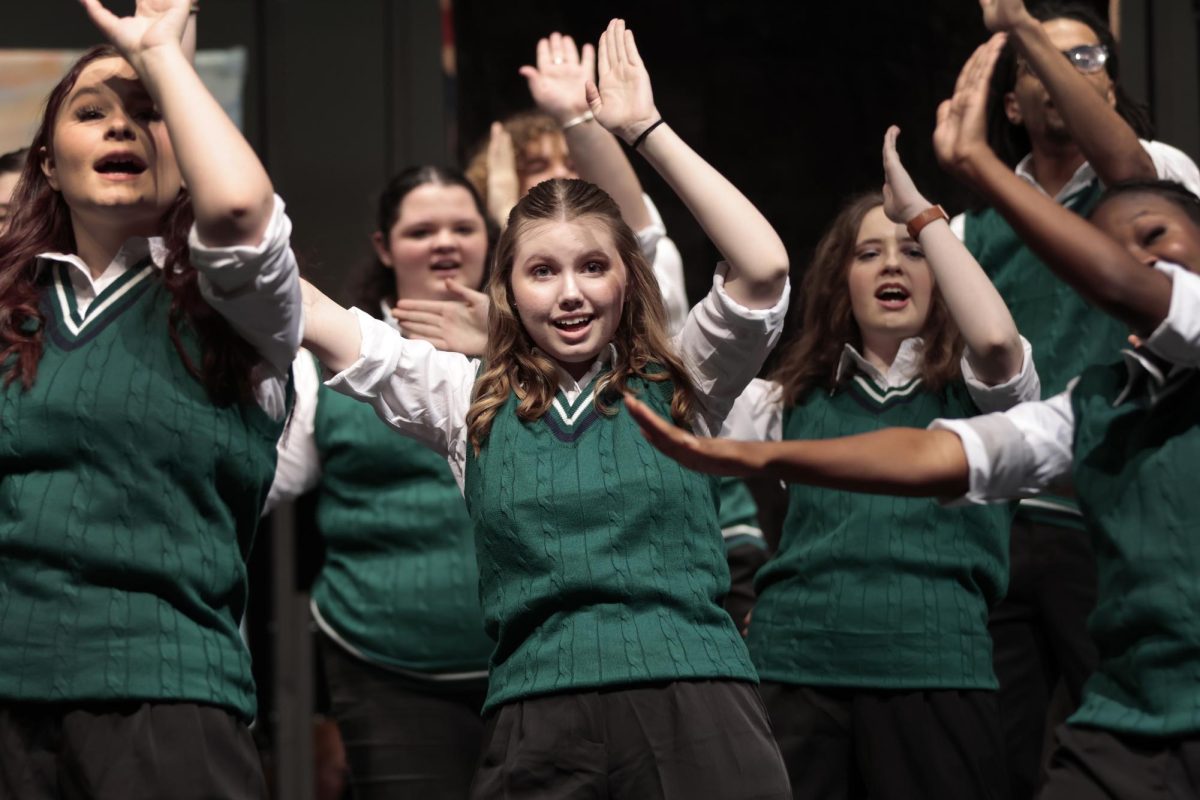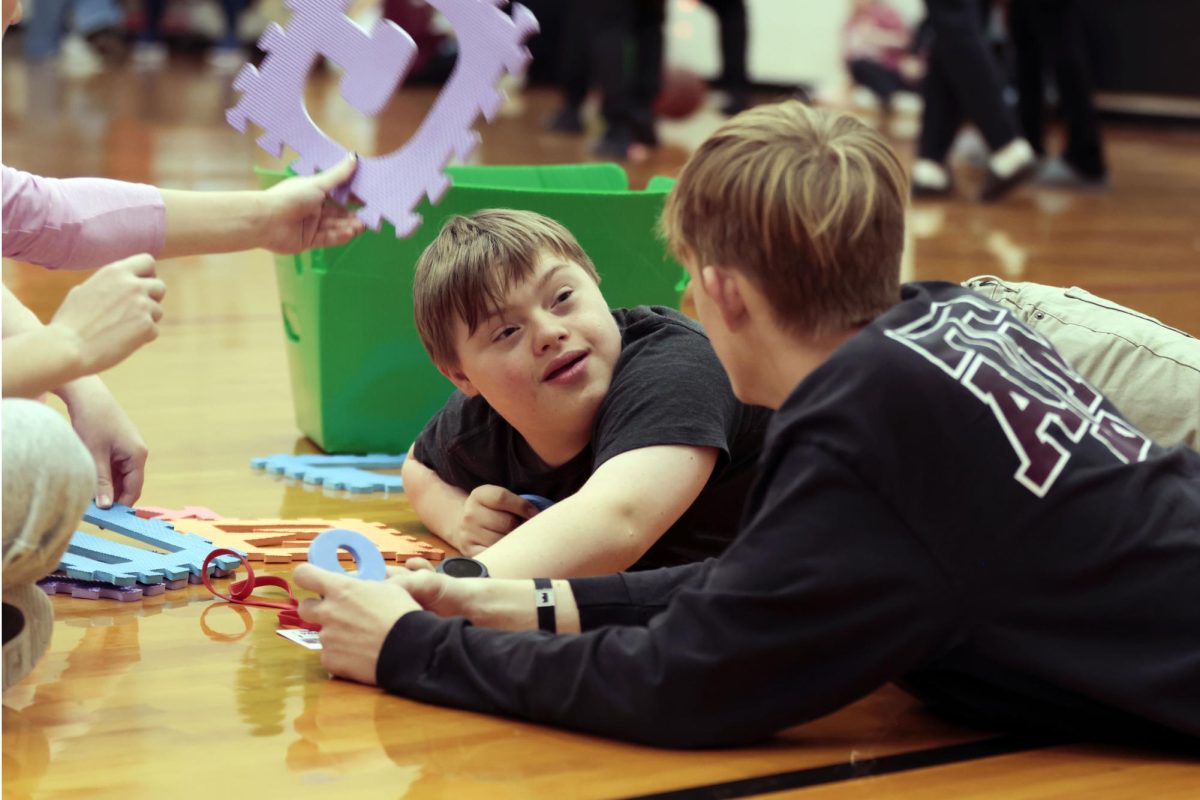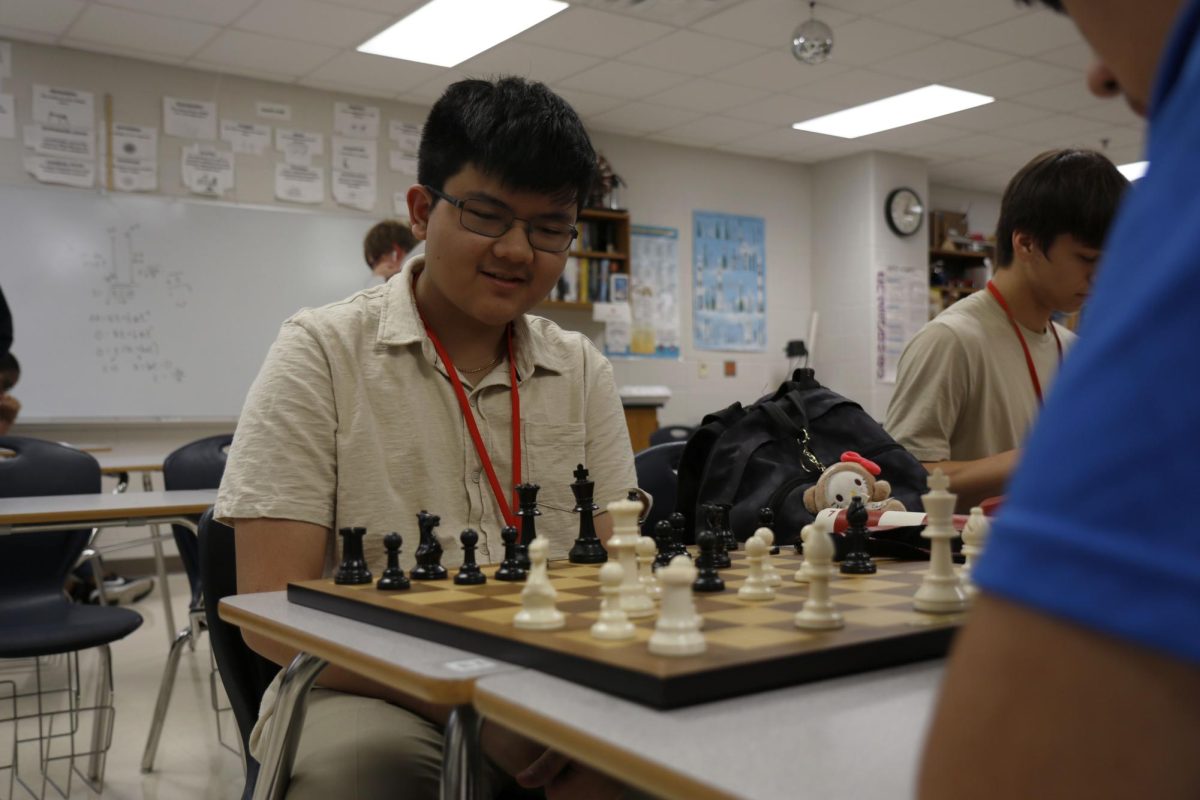Mr. Stewart
How does the final exam work for the varsity class?
The final for the varsity debate course is focused on celebrating speech as an activity. In order to do that, the debaters are instructed to put together a presentation about anything they want to talk about. I require the students to utilize some form of multimedia as a visual component, but the basic instruction is to just share with us something they’re interested in. After everyone has submitted their slides, video, etc., we then spend the class period listening to each other’s presentations and just celebrating our interests.
What skills are the students applying during the presentations?
Students are tasked with giving the presentation of course, but a lot of this format focuses on how you can make your material appealing to a wide variety of audiences. While we’re leaving room and space for everyone to advocate for their interests, you still have to be able to connect it to your audience. Students have to consider audience adaptation as well as how to make their material visually appealing – which is something we don’t always have to do in an actual debate round. It’s helpful because there are plenty of real-world situations where you will not only give a presentation but have to create the material to accompany it.
Have you always used this format? Has it changed over time?
This format has been a recent development. I used to offer up a basic exam that covered rules for debate formats or even a reflection piece that would ask students to set goals for the following semester after the first half of the season, but I always felt like I was just making the debaters do more work just to do more work. My first attempt at it was something called PowerPoint Karaoke. Students would create a random set of slides that didn’t have a clear purpose or anything, and they would draw a topic and try to make their topic link up with the slides that were on the screen. It was fun, but I felt like students were more just reacting to the slides as they showed up rather than thinking holistically about creating an impromptu speech with structure. I had to find a way to balance skill development with entertainment. It was about this time that I started seeing a TikTok trend of people doing what they called “presentation parties,” where they would hang out and just speak about whatever they were interested in. There are so few opportunities for people to enjoy the gift of speech in a way that isn’t strenuously graded or in a high-stress format, and I think anything that gives students the chance to enjoy speaking in front of others is a great idea. It was presentation parties combined with a show on DropOut called SmartyPants which used the same premise that had me lock in and decide that it was a good idea to just let students put together their own work and share it with us. I haven’t moved to give specific topic requirements, but it may be something to consider down the line so that people don’t feel pressured by all the options available to them. Everyone’s been able to uphold the spirit of the idea so far so outside of time limits, there’s not a lot I’ve had to adjust.
Do you find that this exam format better showcases the skills you’re teaching? Why or why not?
I appreciate the format because it is a strong reminder for the team that not everyone talks like a debater. It’s very easy for this activity to quickly turn into debaters saying they don’t have qualified judges because they don’t know exactly how evidence is read or how framing an argument is supposed to work, but at the end of the day it’s a persuasive activity. If people don’t understand you, they won’t vote for you. This format may not be a deep dive on the particulars of speech and debate technique but it does serve as a good reminder that at the end of the day this is a communication event and people need to understand you. Learning to convey your own interests or ideas to others in an informal setting is just as important as knowing how to debate at a debate tournament. Obviously, the content isn’t always going to be as academically rigorous, but with the right level of commitment and investment in the chosen topic, it is certainly a beneficial experience.
You participate. Why?
Just team building. I’ve always taken to heart the idea that you should be able to model what you want your students to achieve, and if I’m going to make them talk about their interests, I can take the time to share mine as well. I feel like at this point if I didn’t present with the class, I’d be letting them down honestly.
What do you plan to assign for the spring semester final?
Last year the requirement was to assign each member of the team a character from a franchise or piece of media that they were invested in, but I really like the surprise of letting the students chase whatever is on their mind and bringing it back to share with us. So I’ll keep it open and see what happens, but I’m sure we’ll be able to have a great time learning from each other and creating some more in-jokes while being exposed to some ideas or media that we normally wouldn’t consider. I look forward to it as an opportunity to reflect on the year and a constant reminder that even though we’re a competitive team, we still need time to be friends with one another.

